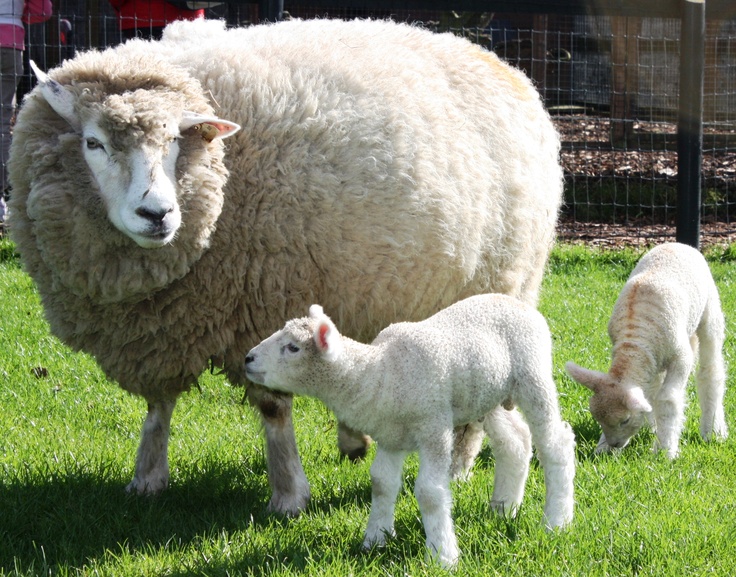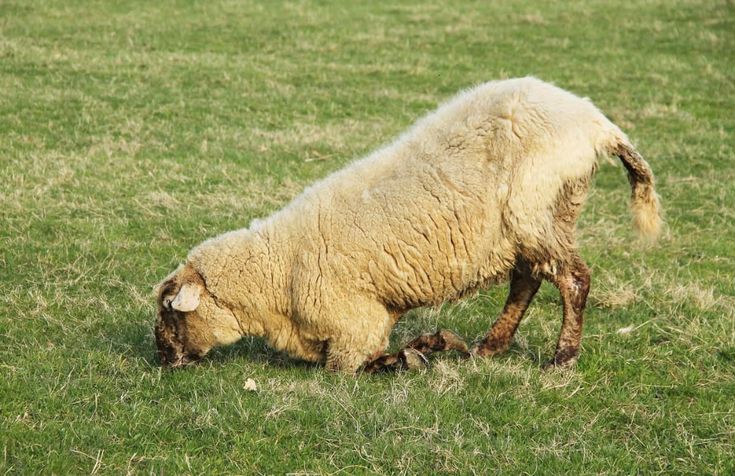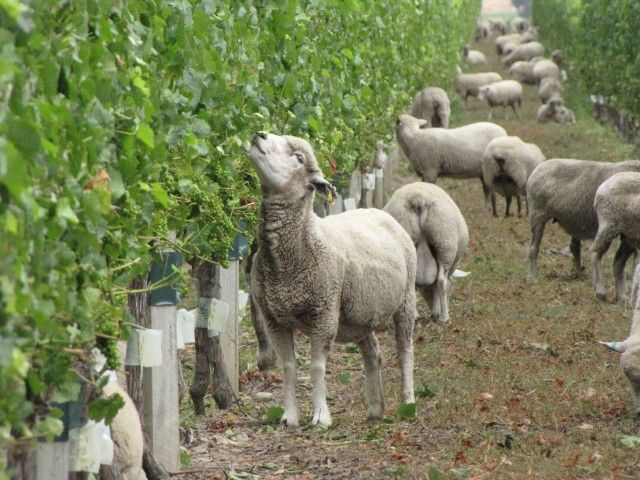Starting sheep farming can be rewarding, but beginners often make mistakes that can hurt their flock’s health and productivity. Here are some common errors and tips on how to avoid them.
1. Choosing the Wrong Breed
One of the biggest mistakes is selecting the wrong sheep breed. It’s essential to choose a breed that fits your goals. For example, if you want to raise sheep for meat, breeds like Suffolk or Hampshire are better options. Do some research on different breeds to find the best match for your needs.

2. Poor Nutrition
Nutrition is key to keeping your sheep healthy. Many new farmers overlook the importance of a balanced diet. Ensure your sheep have access to quality pasture, hay, and grains. Also, consider adding mineral supplements to meet their nutritional needs.
3. Neglecting Health Checks
Regular health checks are crucial for preventing diseases. New farmers sometimes skip veterinary visits, which can lead to serious issues. Schedule routine check-ups and vaccinations to keep your flock healthy. Always watch for signs of illness, like changes in eating habits or behavior.

4. Inadequate Shelter
Shelter is essential for protecting sheep from extreme weather. Some new farmers underestimate how much shelter is needed. Make sure you provide a clean, dry space that keeps them safe from rain, snow, and wind. Proper ventilation is also important to prevent respiratory issues.
On a similar note, at Kimd Group Companies, we support beginner farmers by offering tailored business proposal writing services and design plans for various animal capacities. Whether you’re just starting out or looking to expand, we provide the resources and expertise to help you succeed in the farming industry.
5. Ignoring Pasture Management
Overgrazing can harm your pasture and reduce its productivity. New farmers often let sheep graze the same area continuously. Implement rotational grazing to give pastures time to recover. This practice helps maintain healthy grass and reduces parasite loads.

6. Lack of Record Keeping
Keeping detailed records can help you manage your flock better. Some beginners neglect this important task. Track breeding dates, health treatments, and production data. Good record-keeping can help you spot trends and make informed decisions for your farm.

7. Failing to Educate Yourself
Sheep farming requires knowledge and skills. Many new farmers do not seek enough information before starting. Take the time to learn about sheep care, breeding, and management. Consider attending workshops or joining local farming groups for support and education.
Conclusion
Avoiding these common mistakes can set you on the path to successful sheep farming. By choosing the right breed, ensuring good nutrition, and providing proper care, you can build a healthy and productive flock. Stay informed and adapt your practices as you gain experience. With dedication, you can thrive in sheep farming.
